English Grammar: How to Use the Verb “Suggest”
Have you ever wondered how to use the word “suggest” correctly in a sentence? It’s a common verb in English, but many people get confused about how to use it properly. Don’t worry—I will explain…
Become an English grammar expert effortlessly!
Discover easy explanations and useful examples to grasp the language rules more effectively.
Whether it’s the basics or more advanced concepts, enhance your grammar abilities and feel more confident in English!
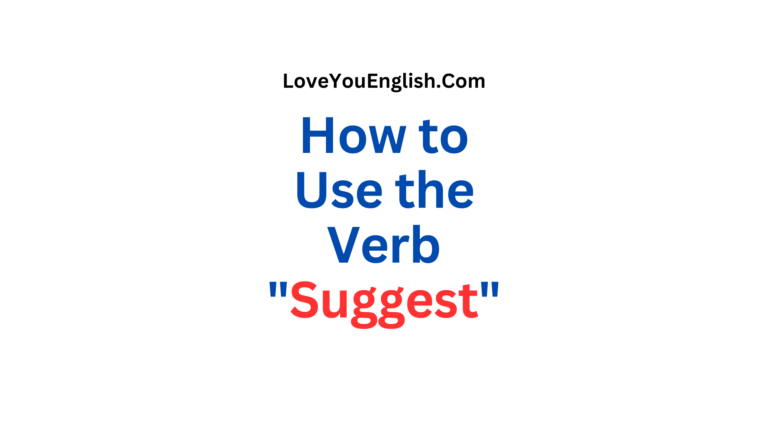
Have you ever wondered how to use the word “suggest” correctly in a sentence? It’s a common verb in English, but many people get confused about how to use it properly. Don’t worry—I will explain…

In English grammar, quantifiers are super important because they help us talk about how much or how many of something there is. They make our language more specific and detailed, so we can describe things…
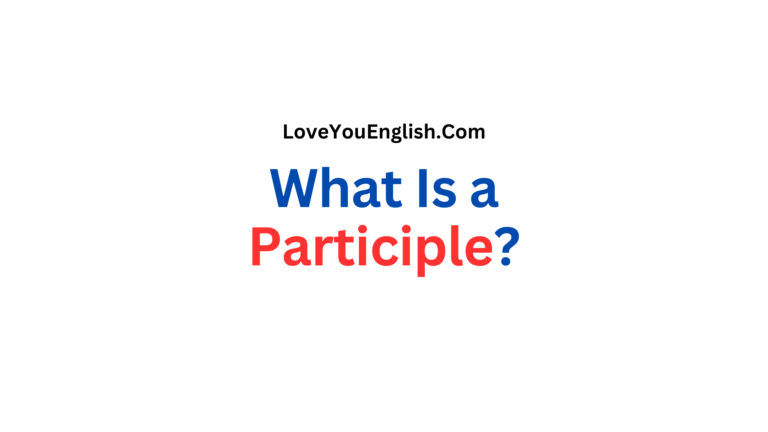
Have you ever wondered why we say “a broken heart” but “a breaking news story”? Or why it’s “a fallen tree” but “a falling star”? The secret lies in participles—those versatile verb forms that can…
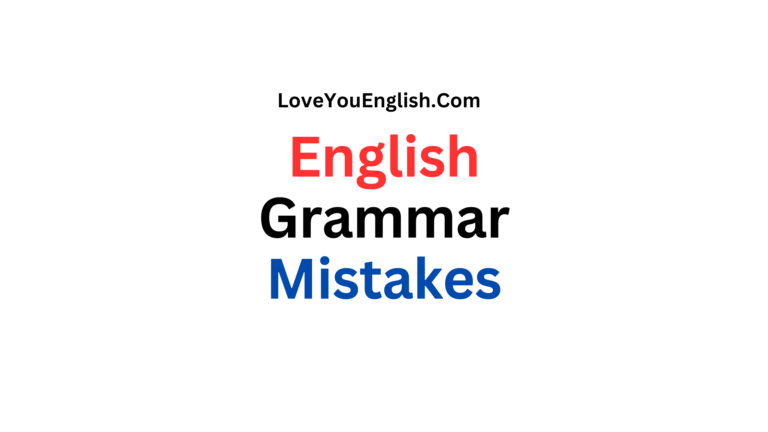
Having good grammar is super important when you’re trying to communicate clearly, like when you’re sending an email, writing a report, or even working on a novel. But even if English is your first language,…
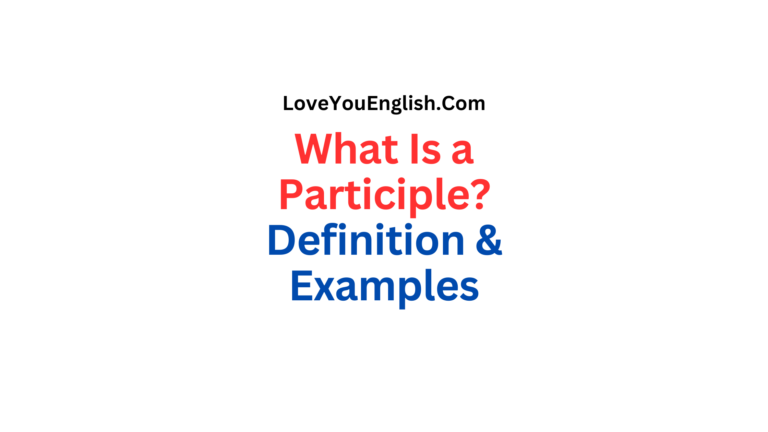
Participles are super important in English grammar, but sometimes people don’t get them. These cool words help make descriptions more interesting, explain tricky ideas, and make our language more colorful. Whether you’re a student working…

English can be really tricky because there are so many rules and exceptions to remember. Even people who grew up speaking English can have a hard time getting everything right. Whether you’re still learning English…

When it comes to writing and speaking English, one of the most fundamental rules to follow is subject-verb agreement. This rule helps ensure that sentences make sense and are grammatically correct. But what exactly is…
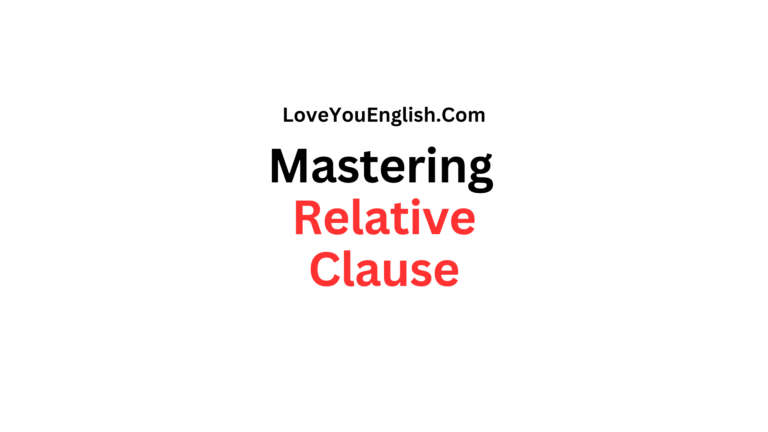
English can be tricky because of its grammar rules and structures. One important tool in English is the relative clause, which can help make sentences more complex and informative. I will explain all about relative…

Auxiliary verbs, often called “helping verbs,” are a crucial part of English grammar. They are used alongside main verbs to form different tenses, questions, negations, and other grammatical structures. In this post, we will explore…

When you’re writing, it’s important to choose the right words to get your message across clearly. One common source of confusion in English is the words “there,” “their,” and “they’re.” Even though these words sound…
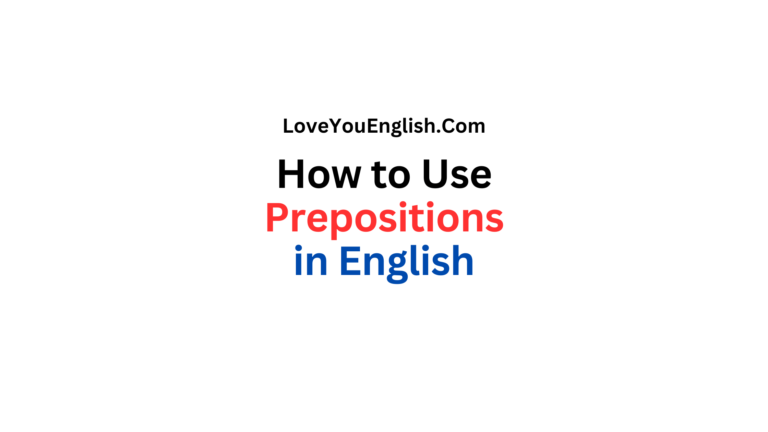
Prepositions are tiny but mighty words that help explain how different parts of a sentence connect with each other. Even though they look easy, they can be confusing for people learning English, especially since they…

Have you ever hesitated when choosing between “so” and “too” in a sentence? You’re not alone. These small words carry distinct meanings that can change the entire message of your writing. Despite their simplicity, even…
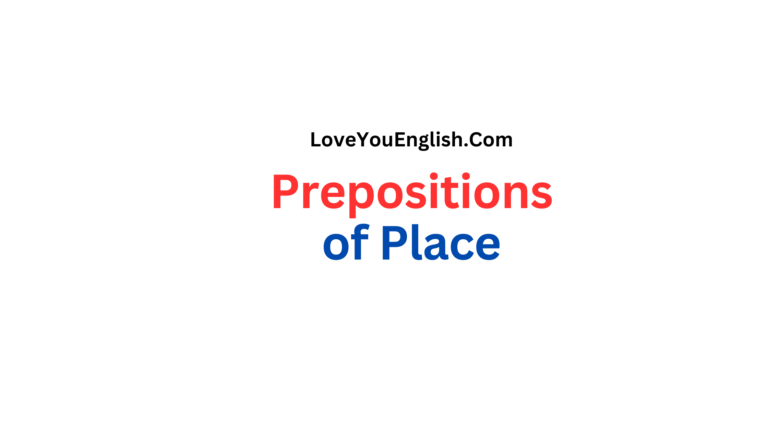
Prepositions of place are essential components of the English language, playing a crucial role in describing the spatial relationships between objects, people, and locations. For many English language learners, these small words can present significant…

In the big world of the English language, some word pairs can be tricky for both native and non-native speakers. “Either” and “neither” are a good example of this. Even though they might seem easy…
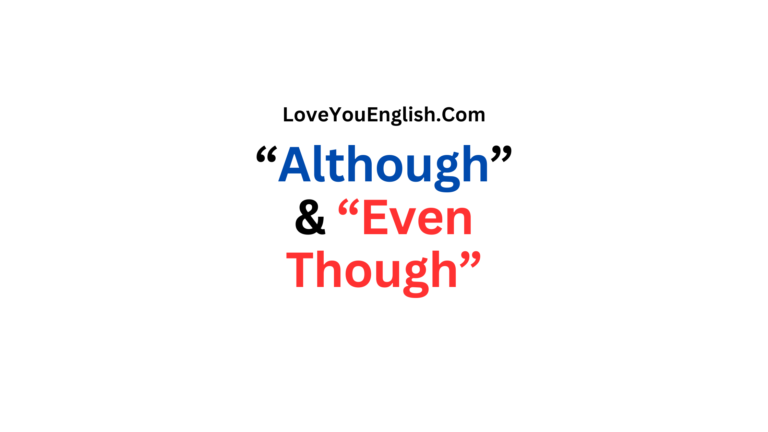
When learning English, you might come across phrases that seem similar but have slightly different meanings or uses. Two such phrases are “although” and “even though.” While they both serve to show contrast between two…